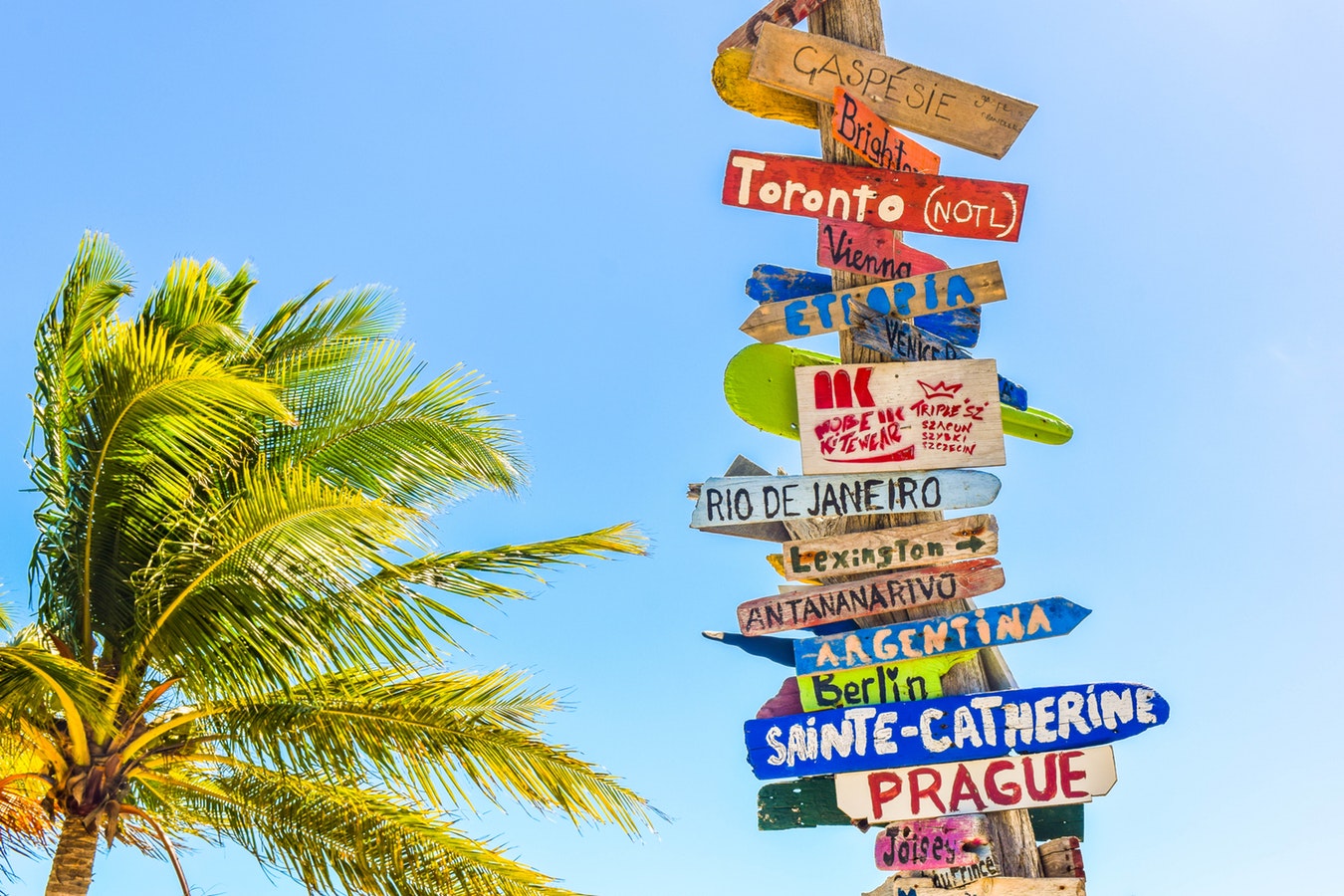Summer vacations are meant for relaxation and no worries; but for families with food allergies, vacations can be stressful. From making sure to pack an Epipen or Auvi-Q, to creating a food allergy card for restaurants, additional planning is needed when trying to navigate through a food allergy on vacation. While most families with food allergies prefer to vacation closer to home, you can still manage a trip outside of the U.S. with proper education. The allergists at NY Allergy & Sinus Centers are here to help you vacation with a food allergy.
Research your hotel intensively
It’s important to know how your hotel responds to emergencies, such as allergy induced anaphylaxis, or if they even have certain policies in place to protect you. If you plan on eating at the hotel restaurant, research the food menu to ensure they have allergy friendly options. Don’t be afraid to call the hotel and restaurant manager ahead of time and provide them with a list of your family’s food allergies. If cooking is a better option for your family, find a hotel with a kitchen in the suite.
It may also be a good idea to book a hotel close to a hospital. Even if you try to avoid all allergens, accidents can happen. Nothing is worse than having a food allergy scare with no medical care close by.
Travel with your allergy medications in hand
Are you flying with an airline that still distributes peanuts as an in-flight snack? You can call the airline before your flight or kindly ask the flight attendants for other options and ensure no one else on the plane consumes nut products if you or your family member has a peanut allergy. Regardless, you should always carry your allergy medications with you on the plane in a carry-on bag. This bag should be readily available should you need it anytime during the flight.
Bring your own soap and shampoo
Surprisingly, food allergens can be hidden in soaps and shampoos, such as almond oil or milk. It’s a good idea to bring your own toiletries to prevent any skin reactions. If you do happen forget your favorite products, be sure to read the labels on hotel products and research any word that doesn’t look familiar. Some allergens have hidden names. For example, hydrolyzed protein is a peanut ingredient.
Learn important food allergy terms in the country’s language
While most tourist destinations in other countries have English-speaking employees, it’s still a good idea to learn some of the language of the country you’re visiting. Learning important allergy terms will eliminate some of the confusion related to your food. Some good phrases to know are:
- I am allergic to (insert food).
- Does this dish contain (insert food)?
- Are there any gluten-free options?
There are also many translation resources available. Allergytranslation.com will help you create an allergy translation card to communicate your food allergies at restaurants in foreign countries.
Meet the Physician Collaborator
Dr. Marc Braunstein is a physician specializing in allergy and immunology. He is board certified with the American Board of Internal Medicine and The American Board of Pediatrics. He sees common cases of hay fever, asthma, food allergies, and drug allergies. You can schedule an appointment with Dr. Braunstein by calling 212-686-6321 or by visiting one of our seven offices throughout New York City.

